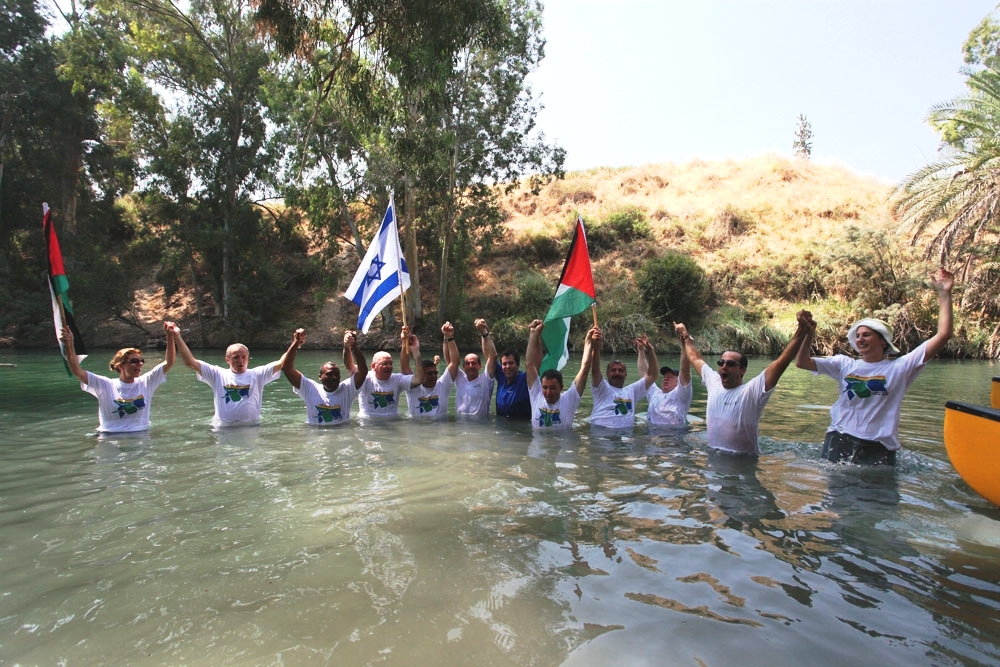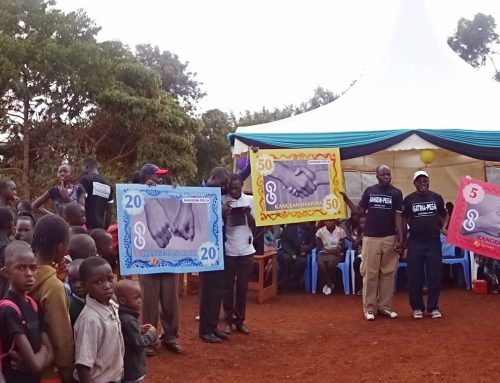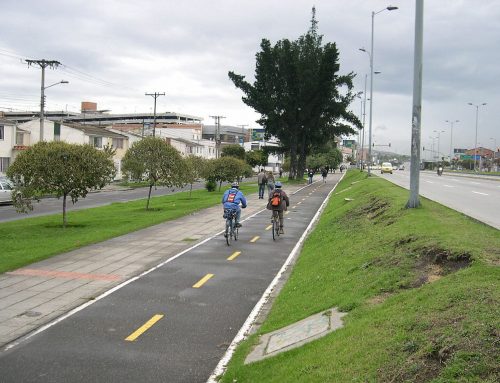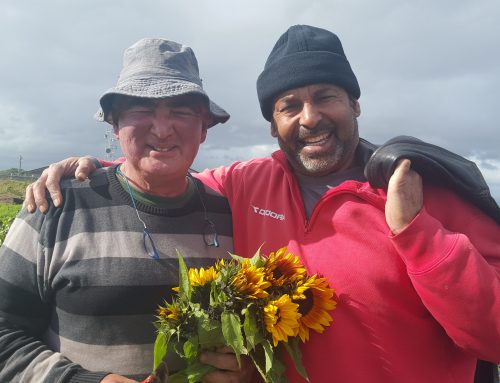Citizens of Israel, Palestine, and Jordan know about borders. Crossing between these regions requires rigorous checkpoints and determination. However, the waterway shared between these neighbors, the Jordan River, knows no political boundary. Recently, the Jordan River Basin has experienced massive declines in quality –93 percent of its original flow has been diverted by neighboring states; it is also affected by pollution from sewage, agricultural runoff, and fish pond effluent causing numerous health and environmental hazards.
As with any shared resource, remediation and sustainable management requires collaboration, trust and understanding. In a region plagued by mistrust and conflict, cooperative management is a particular challenge. However, what if saving the Jordan River Basin could be more than a collective burden, and become a realization of a common value –a pathway towards peace?

EcoPeace Middle East is an organization promoting “environmental peacemaking” and water diplomacy between Israel, Palestine and Jordan. In 2001, the organization started a project known as “Good Water Neighbors” (GWN for short) which was developed to create joint solutions for transboundary water challenges.
The GWN project identifies communities within the watershed from Israel, Palestine, and Jordan, and brings them together to develop a shared dialogue for sustainable water management based on a common dependence on the Jordan River. Topics covered include environmental education, park development, remediation of industrial pollution, and improvements to sanitation systems. The organization holds forums, conferences, and various activities to inform local stakeholders and decision-makers of the environmental challenges and possible solutions.
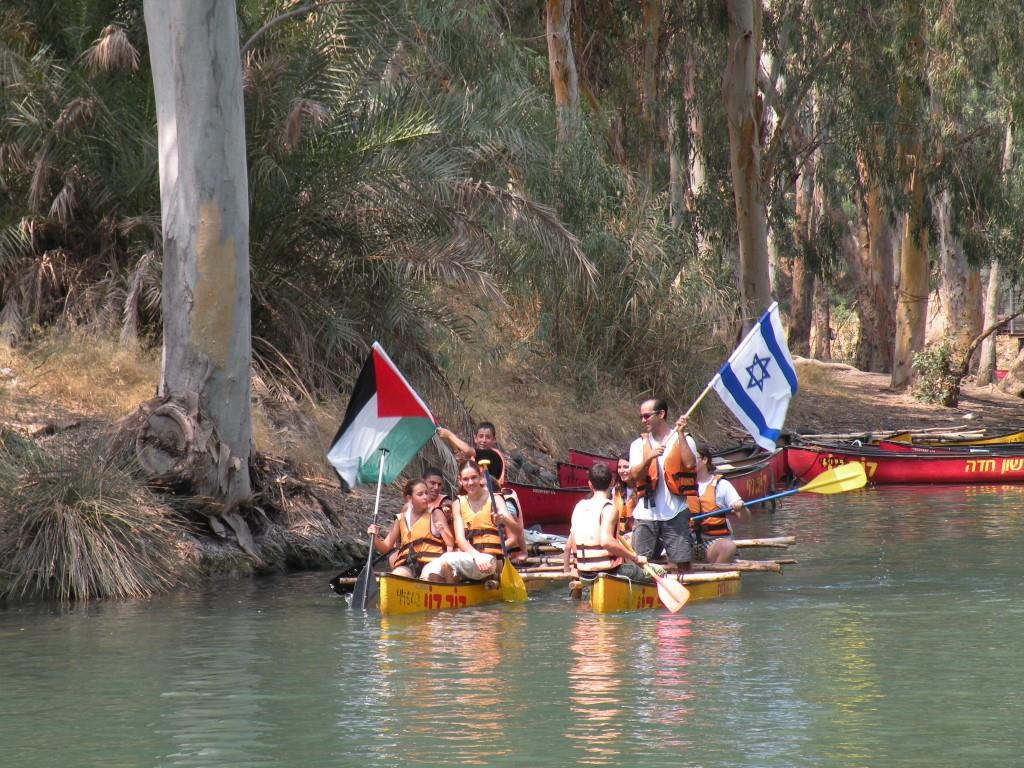
One of the most active components of the project is youth programing. Educational sessions are held between Palestinian, Jordanian, and Israeli youth to learn about the ecology of the Jordan River Basin, the diverse uses of water resources, regional pollution issues, as well as management and conservation strategies. These sessions are often paired with conflict resolution, leadership, and activist training. Youth who have been through this training are called “water trustees”.

EcoPeace Middle East has many different initiatives such as their “faith-based” advocacy program which acknowledges the spiritual and historic significance of the Jordan River to Muslim, Jewish, and Christian communities in the region. By engaging religious groups, EcoPeace aims to widen the stakeholder circles surrounding river conservation and expand the narrative of conservation towards spiritual and cultural values.
In 2016, the organization hosted a multinational group swim across the Dead Sea (which borders Jordan, Israel and the West Bank) to draw attention to the pollution and development pressures currently impacting this ecological landmark. The organization reported that the Dead Sea’s environmental quality has flagged over the years, and its water-level has fallen over 25 meters in the last 30 years due to mineral overexploitation and unsustainable regional water management.
But for all of their efforts, the question remains, can an organization like EcoPeace Middle East and programs like GWN actually create high-level political and environmental change? As of now, it is hard to say. Anecdotally, a report on the GWN project showed that youth became more open-minded and embraced a more regional perspective of water issues after participating in the program.

Transboundary water management requires cooperation and trust across borders. Shifts in values within cross-border communities, particularly among the youth, is a vital step in political and environmental transformation. These shifts in values can eventually cause local decision-makers to give greater consideration to long-lasting investments in regional sustainability.
EcoPeace Middle East works to communicate the geopolitical, social, and environmental benefits of investing in river rehabilitation and sustainable water management. They articulate a future for the region which embraces a common cultural heritage, respects the dignity of diverse stakeholders, and facilitates bottom-up solutions for environmental sustainability and co-existence in peace.

All photos provided by EcoPeace Middle East.
For more information on Environmental Peacemaking, check out the following link.
